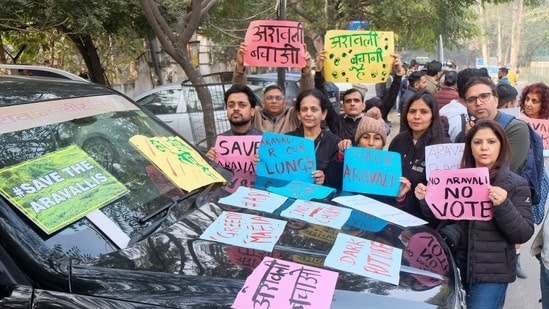Himalaya Harbinger, Uttarakhand Bureau.
Desertion cases in Uttarakhand are on the rise, with the state capital Dehradun reporting the highest number of women beneficiaries under the desertion pension scheme, as per data from the Social Welfare Department. A total of 7,454 women across the state are availing the scheme, with Dehradun alone accounting for 1,159 recipients, while Uttarkashi has the lowest at 163. The Kumaon division has more cases compared to Garhwal, highlighting a growing trend of strained relationships within families.
The desertion pension, known as the “Parityakta Pension,” provides financial aid to women who have been abandoned by their husbands, those living separately at their maternal homes, wives of missing husbands, and even unmarried women who face social or age-related challenges. Women eligible for the scheme must present a certificate from their local Gram Panchayat or urban representatives and submit an affidavit confirming separation or the disappearance of their husbands. The Social Welfare Department allocates a total of Rs 89.662 lakh annually for this initiative.
According to Hemlata Pandey, Assistant Director of the Social Welfare Department, “This scheme aims to provide financial support to abandoned women, ensuring their basic social security. It also attempts to address the economic hardships faced by such women.”
Data recorded on the Social Security State Portal reveals that after Dehradun, Nainital ranks second with 999 women benefitting from the pension, followed by Almora with 992. In contrast, Garhwal’s Uttarkashi district remains at the bottom of the list with 163 beneficiaries.
Experts attribute the rising numbers to growing discord within families. Dr. Rachna Tiwari, a leading psychiatrist, said, “The increasing cases of desertion reflect the erosion of mutual understanding and trust between partners. With societal expectations, economic stress, and lack of communication, relationships often deteriorate. Women, especially in traditional setups, bear the brunt of these separations and are left to fend for themselves.”
“The government’s efforts to provide financial aid through such schemes are commendable, but the growing number of desertion cases indicates a deeper societal issue. Addressing the root causes of family breakdowns through counseling and awareness programs is crucial to curb this trend. The disparity between districts also raises questions about the accessibility and awareness of the scheme in rural areas. There is a need for community-driven initiatives to promote social harmony and ensure that women in need receive timely support”, said Rajiv Nayan, a social activist.








